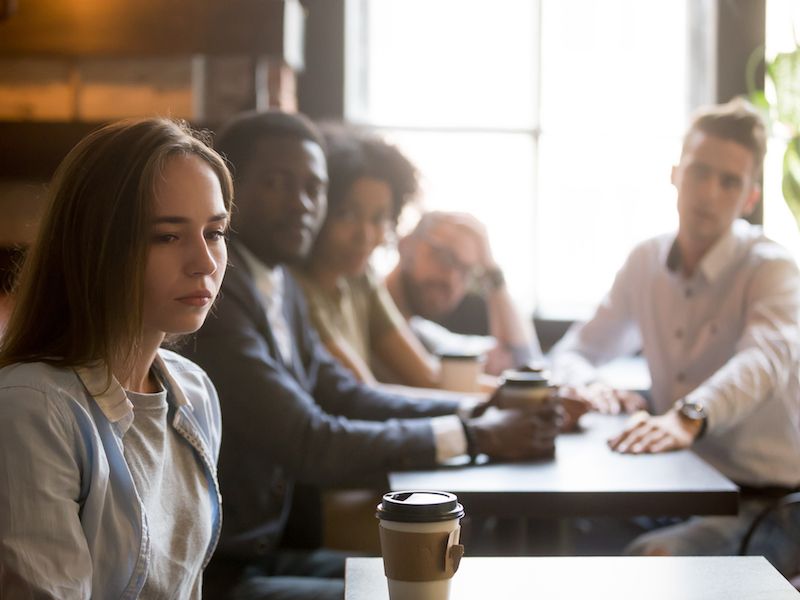
Hearing loss isn’t only a problem for older people, despite the prevalent idea. In general hearing loss is becoming more prominent in spite of the fact that age is still a strong factor. Among adults aged 20 to 69 hearing loss stays in the 14-16% range. The World Health Organization and the United Nations suggests that more than 1 billion people globally aged 12-35 are at risk of getting hearing loss. In children between 6 and 19, nearly 15% already have loss of hearing according to the CDC, and the number appears to be closer to 17% based on more recent research. Other reports say hearing loss is up 30% in teenagers from just a decade ago. Johns Hopkins conducted a study predicting that by 2060 over 73 million people 65 or older will have hearing loss. That’s an astounding increase over current numbers.
We Are Getting Hearing Loss at a Younger Age, Why?
It used to be that, if you didn’t spend your days in a loud and noisy surrounding, damage to your hearing would happen fairly slowly, so we consider it as a side effect of getting older. That’s the reason why you aren’t surprised when your grandmother wears a hearing aid. But changes in our lifestyle are affecting our hearing at a younger and younger age.
Technology, and smartphones, in particular, can have a significant impact on our hearing. Whether it’s talking to friends, listening to music, or watching movies, we are doing all the things we enjoy doing and wearing earbuds to do it all. Most people have no idea what is a damaging volume or how long it takes to do damage and that’s problematic. Occasionally we even use earbuds to drown out loud noises, meaning we’re voluntarily subjecting our ears to damaging levels of sound instead of protecting them.
There’s an entire generation of young people around the world who are gradually injuring their ability to hear. That’s a big concern, one that’s going to cost billions of dollars in terms of treatment and loss of productivity in the economy.
Do we Really Understand Hearing Loss?
Even young children are usually sensible enough to avoid incredibly loud noises. But the nature of hearing damage isn’t widely grasped. It’s not usually recognized that over longer time periods, even moderate sound levels can harm hearing.
But hearing loss is commonly associated with aging so the majority of people, especially young people, aren’t even concerned with it.
According to the WHO, those in this 12-35-year-old age group could be exposing their ears to irreversible damage.
Recommended Solutions
The issue is particularly widespread because so many of us are using smart devices regularly. That’s why providing additional information to mobile device users has been a suggested solution by some hearing experts:
- Adjustments of volume for hearing health can be made by parents by using built in parental control settings.
- Warnings when you listen too long at a high decibel level (it’s not simply the volume of a sound that can cause damage it’s how long the noise lasts).
- Alerts about high volume.
And that’s just the start. There are plenty of technological ways to get us to start paying more attention to the health of our hearing.
Reduce The Volume
If you minimize the volume of your mobile device it will be the most significant way to mitigate injury to your hearing. Whether your 15, 35, or 70, that holds true.
Let’s be honest, smartphones aren’t going anywhere. It’s not just kids that are addicted to them, it’s everyone. So we have to understand that hearing loss has as much to do with technology as it does with aging.
Which means we’re going to need to change the way we discuss, prevent, and treat hearing loss.
Also, decibel levels in your environment can be measured by app’s that you can download. 2 steps to protect your hearing. Making sure not to attempt to drown out loud noises with even louder noises and of course wearing ear protection. For instance, if you drive with your windows down, don’t crank up the music to hear it better, the noise from the wind and traffic might already be at harmful levels. As always, if you have questions about your hearing, come talk to us.